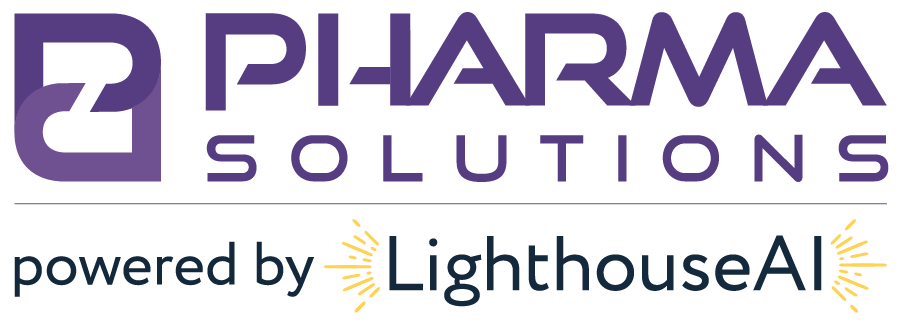Proposed Rules for DEA Suspicious Orders
In November 2020, the Drug Enforcement Administration (DEA) issued a Notice of Proposed Rulemaking (NPRM) proposing to revise its regulations relating to suspicious orders of controlled substances. The proposed rules will clarify requirements to process a suspicious order and define key terms.
Changes per the NPRM
The major change proposed is that DEA creates a two-option framework for processing orders received under suspicious circumstances (ORUSC). Upon receipt of an ORUSC, registrants authorized to distribute controlled substances will have a choice to either:
Immediately file a suspicious order report through the DEA centralized database, decline to distribute pursuant to the suspicious order, and maintain a record of the suspicious order and any due diligence related to the suspicious order; or
before distributing pursuant to the order, conduct due diligence to investigate each suspicious circumstance surrounding the ORUSC, and maintain a record of its due diligence regarding the ORUSC.
If choosing the second option, the due diligence must be completed within 7 calendar days. If that is not sufficient time to clear the suspicion, or if the registrant is able to determine the order is suspicious when performing due diligence, they must promptly file a suspicious order report through the DEA centralized database, decline to distribute pursuant to the suspicious order, and maintain a record of its due diligence.
The second major change is that 3 new terms were defined, and the definition of 1 term (suspicious order) was reiterated.
Due Diligence means a reasonable and documented investigation into persons and orders […] that includes, but is not limited to, verification that a person […] holds the appropriate DEA registration, verification that a person (or a person submitting an order) holds all licenses required by the state(s) in which a person (or a person submitting an order) conducts business with respect to controlled substances, the examination of each suspicious circumstance surrounding an order, and examination of all facts and circumstances that may be relevant indicators of diversion in determining whether a person (or a person submitting an order) is engaged in, or is likely to engage in, the diversion of controlled substances.
Order means any communication by a person to a registrant proposing or requesting a distribution of a controlled substance, regardless of how it is labeled by the person or the registrant, and regardless of whether a distribution is made by the registrant, except that simple price/availability inquiries, standing alone, do not constitute an order.
Suspicious order includes, but is not limited to, an order of unusual size, an order deviating substantially from a normal pattern, or an order of unusual frequency.
NavigateSOM
NavigateSOM is consistently setting the standard for suspicious order monitoring software. Their team of developers, led by Director Anuj Agarwal, keeps the company on the cutting edge of technology while maintaining ease of use for their clients. Some of the new updates to the newly released Version 5.0 software are below:
-
Orders and Flags:- Added ability to mark flags as suspicious
- In the flagged popup, toggle between “Clear Flag” or “Suspicious Flag”
- Ability to add notes to Suspicious flags
- Suspicious flags will be marked with a triangle and darker pink color in the orders screen
- Ability to eventually clear a suspicious flag
-
Enhanced User Experience:
- Added filter in Orders and Customers screens to easily find order flags by;
- Clear – No Flags
- Flagged
- Cleared
- Suspicious
- Added filter in Orders and Customers screens to easily find order flags by;
-
Reports:
- Added ability to filter reports on Suspicious Orders indicated by a new column in the report
For any questions regarding NavigateSOM or the new update, please reach out to us at hello@pharma.solutions.




0 Comments